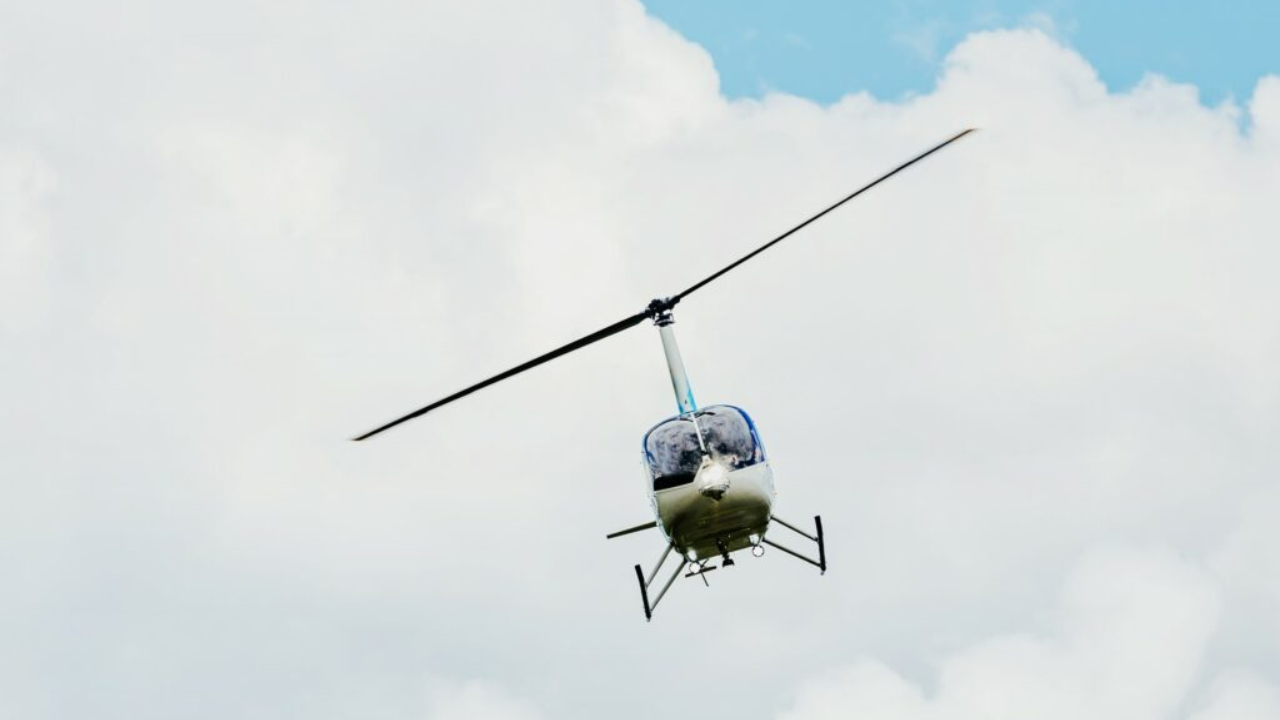Residents in Pennsylvania might soon notice helicopters flying low over certain areas. But there’s no need to worry — it’s not an emergency.
The helicopters will be spraying a natural larvicide to control biting gnats, which have become a growing problem in many parts of the state.
According to the Pennsylvania Department of Environmental Protection (DEP), this aerial spraying will happen in the next few days and will focus on several specific counties where the gnat population has surged.
The product being used is a natural larvicide called Bacillus thuringiensis israelensis (Bti). This is a bacteria-based solution that targets the larvae of gnats without harming people, pets, plants, or other wildlife.
The state plans to stop the gnats before they grow into full adults. Bti works by affecting the digestive system of gnat larvae that live in shallow water.
Once sprayed, the bacteria settle on the water’s surface, and when the larvae feed, they die before reaching adulthood. This helps prevent large gnat swarms later.
This treatment is not new. Pennsylvania has been using this method for several years as part of its Black Fly Suppression Program. Black flies, also known as gnats, can be more than just annoying — they often bite and make it uncomfortable for people to enjoy outdoor activities.
The DEP says Bti is a safe and eco-friendly option that’s been approved by the U.S. Environmental Protection Agency (EPA).
The helicopter spraying will take place only over rivers and streams, especially in areas with shallow, slow-moving water.
These are the places where gnat larvae usually live and grow. Some of the targeted counties include Adams, Cumberland, Dauphin, Juniata, Mifflin, Northumberland, Perry, Snyder, and York.
Officials are reminding residents not to be alarmed if they see helicopters flying low in these areas. The flights are planned and controlled carefully, with safety as a top priority. The pilots are trained to handle this type of low-level flying and follow strict guidelines to avoid any accidents or disruptions.
DEP workers will be monitoring the treatment from the ground and through the air. They will also check the effectiveness of the spray in the days that follow. If the results are good, the gnat population should reduce significantly in the coming weeks.
The goal of this effort is to make summer more comfortable for residents and visitors in Pennsylvania. Gnats are known to become especially active during the warmer months, and their bites can cause itching and irritation. By acting early with the help of Bti, the state hopes to keep its numbers under control.
People who live in the affected counties are advised to stay alert for helicopters and avoid the immediate spraying area if possible.
However, since the larvicide is non-toxic to humans and animals, there is no need to take any special safety measures. You can continue with your daily activities without any serious risk.
If you’re wondering whether your area will be treated, the DEP usually posts updates on their website or sends alerts through local channels. You can also visit their page for more information about the Black Fly Suppression Program.
The use of natural larvicide like Bti has become a popular solution in many parts of the U.S., especially in places with large rivers and streams. It’s a targeted approach that avoids the need for harsh chemicals and helps maintain balance in the local ecosystem.
As Pennsylvania moves forward with the aerial spraying, residents can expect fewer gnats and more peace during outdoor activities this summer.






